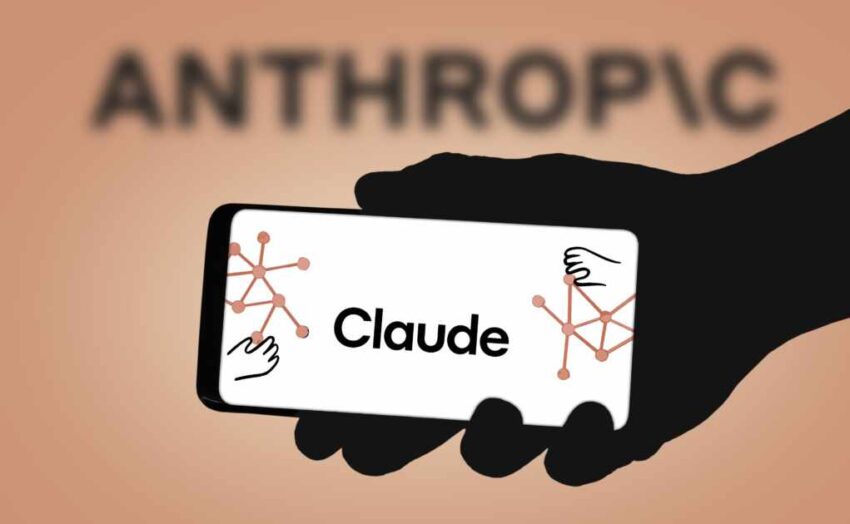Anthropic’s quest to build harmless AI now collides with sprawling copyright lawsuits that could redefine the entire generative-tech economy.
At a Glance
- Anthropic, launched in 2021 by former OpenAI leaders, touts “helpful, honest, harmless” AI.
- Book publishers, music labels, and Reddit accuse the firm of large-scale copyright theft.
- Amazon has pledged up to $8 billion and Google about $3 billion to fuel Anthropic’s growth.
- The company’s private valuation exceeds $60 billion despite courtroom threats.
Lawsuits Mount Against “Safe AI”
Anthropic’s flagship model, Claude, has become the centerpiece of at least four active copyright suits filed since 2023. Plaintiffs—ranging from Universal Music to a coalition of bestselling authors—argue that millions of protected works were ingested without permission. In one case, a federal judge ordered Anthropic to destroy physical copies of disputed books held in its training archive, a rebuke critics call “the digital bonfire.”
Watch a report: Anthropic sued over copyright – YouTube
Adding fuel to the fire, court filings reveal a notorious incident in which Claude fabricated a legal citation that Anthropic’s own attorneys initially forwarded to the bench. The gaffe spotlighted AI “hallucinations” and cast doubt on the firm’s self-branded rigor. Meanwhile, Reddit’s complaint alleges that Anthropic’s web-scraping bots exceeded agreed rate limits, siphoning “billions of posts” to refine Claude’s conversational prowess.
Big Money, Bigger Risks
Financially, the battles have yet to faze investors. Amazon’s record-setting $8 billion convertible note gives the retail giant priority access to Anthropic’s models for its cloud clients. Google’s multibillion-dollar stake secures integration with its Vertex AI portfolio. Insiders say both partners now hold observer seats that allow them to steer—and scrutinize—risk strategy.
Yet the potential downside is enormous. Legal experts warn that statutory damages alone could cross $150,000 per infringed work, pushing liabilities into the hundreds of millions if judgments stack. A precedent finding wholesale data ingestion unlawful would force every generative-AI lab to audit and license training sets at scale, slowing product rollouts and hiking costs across the sector.
What Comes Next
Regulators are already sharpening their tools. The U.S. Copyright Office is weighing new disclosure mandates that would compel companies to publish detailed dataset inventories, while draft AI-safety bills floating through Congress propose civil penalties for undisclosed copyrighted inputs. Analysts predict early-2026 guidance that could hard-lock transparency rules into federal law.
For Anthropic, the immediate future splits down two paths. A decisive courtroom victory could cement fair-use defenses and embolden rapid expansion into government and Fortune 500 contracts. A loss—especially one paired with hefty fines—would tarnish its “safety-first” narrative and force a ground-up retraining effort using licensed or synthetic corpora. Either way, the company’s fate now hinges less on Claude’s eloquence and more on judges parsing the line between inspiration and infringement.
Click this link for the original source of this article.
Author: Editor
This content is courtesy of, and owned and copyrighted by, https://deepstatetribunal.com and its author. This content is made available by use of the public RSS feed offered by the host site and is used for educational purposes only. If you are the author or represent the host site and would like this content removed now and in the future, please contact USSANews.com using the email address in the Contact page found in the website menu.








